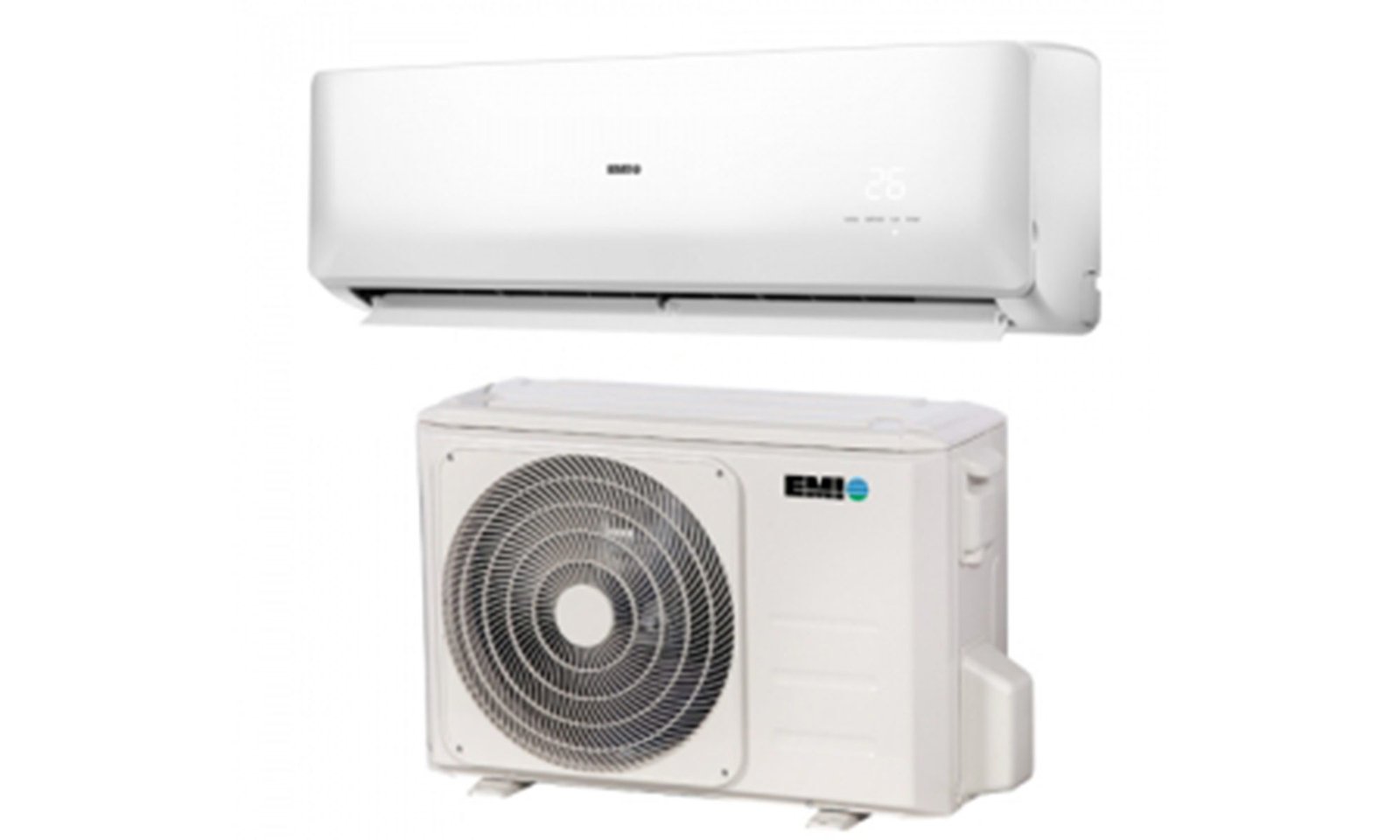Easy Solutions for Great-Quality Indoor Air

Indoor air quality is increasingly in the news, and homeowners are paying attention to this more than ever before. Having good indoor air quality keeps you breathing easily, improves your sleep, and increases your immune system response. Good air quality can prevent asthma flare-ups, and lessen the impact of seasonal allergies.
There are many contributors to the lack of indoor air quality that can be found in the home. Carbon monoxide is one of the most common air pollutants. Older homes may contain asbestos and lead particles, this can be very damaging to the lungs when inhaled over a long period of time. Mould and mildew in your kitchen and bathroom can become a big problem, especially where moisture levels are typically higher than in the rest of your house. Dirty ductwork can cause small airborne dust mites to be blown around your house by the HVAC system.
Despite the many causes of degraded air quality, there are a number of things a homeowner can do to improve the environment. Here are some of the easiest and most common.
Change your air filters in your HVAC system
If you have a forced hot air heating system, keeping a clean filter will remove airborne particulates, ranging from dust to invisible microscopic particles were a dirty filter does exactly the opposite. A dirty filter can actually make indoor air quality worse by acting as a reservoir for dirt and dust. The dirt build-up on the filters will continue to circulate back into your breathing air.
During both the heating and cooling season, change the air filter monthly. Invest in quality pleated fabric filters that can trap airborne particles down to a size of 3 microns.
Check Your Air Ducts
An Air ducts job is to distribute hot and cold air throughout your home, providing a comfortable climate in every room. But if ducts are not installed properly or maintained regularly they can distribute contaminants from one room to another. Over time, dust, contaminants and even mould can accumulate in your ducts, affecting your air quality.
Vacuum regularly
Dusting and vacuuming on a weekly basis can significantly reduce the contaminants and allergens particles, dust and mites that pollute your home and lungs. By using a vacuum with a HEPA filter you can even reduce concentrations of lead in your home. Many allergens and pollutants rest in the carpeting of an area. Regular vacuuming is important for cleaning efforts. An even more effective way is thorough professional carpet cleaning. Most companies use steam cleaning or dry-cleaning techniques to eliminate contaminants. This technique is very effective in eliminating contaminants. Professional carpet cleaners recommend at least one cleaning per year, but high-traffic areas might require more frequent cleanings.
Keep a healthy level of humidity
We all know that dust mites and mould love growing in moisture. Being exposed to mold can lead to many health problems such as wheezing, sore throat, skin rashes, watery eyes and headaches. To keep dust mites and mold under control make sure to keep the humidity around 30%-50% particularly in areas like the kitchen and washrooms. A dehumidifier or an aircon helps reduce moisture in indoor air. An air conditioner especially reduces indoor pollen count which can benefit occupants suffering from allergies. Another useful tip to protect you from mold is to turn on the exhaust fan in the bathroom immediately after bathing to help remove the humidity from the room.
As always, Crosstown Plumbing is here to support your healthy home with air purification, and beyond. Call us Today!








